Related Resource
Innocence and Error in the Death Penalty
Our death penalty system treats you better if you’re rich and guilty than if you’re poor and innocent. As a result, a stunning number of innocent people have been sentenced to death.
124 results for "Prison"
Walter McMillian was sentenced to death for a crime he did not commit.

Walter McMillian, who is Black, was convicted and sentenced to death for the murder of a young white woman who worked as a clerk in a dry cleaning store in Monroeville, Alabama. Mr. McMillian was held on death row prior to being convicted and sentenced to death. His trial lasted only a day and a half. Three witnesses testified against Mr. McMillian and the jury ignored multiple alibi witnesses, who were Black, who testified that he was at a church fish fry at the time of the crime. The trial judge overrode the jury’s sentencing verdict for life and sentenced Mr. McMillian to death.
In 1986, an 18-year-old white woman named Ronda Morrison was murdered in downtown Monroeville, Alabama. The crime sent shock waves of fear and anger through the small community. Police could not solve the crime. After six months with no leads or suspects, their attention focused on Walter McMillian. Mr. McMillian was an unlikely suspect. He had no prior criminal history and was a 45-year-old self-employed logger who had done work for many people throughout the community. What seemed to bring him attention is that he’d had an affair with a married white woman. A very public divorce between this woman and her husband pulled Mr. McMillian into the limelight and he soon went from someone having an interracial affair to someone thought to be capable of murder.
A white man accused of crimes in another county was pressured by police and ultimately made false statements accusing Mr. McMillian of murdering Ms. Morrison. This set off a chain of events that changed Mr. McMillian’s life forever. He was arrested by Monroe County Sheriff Tom Tate and eventually charged with capital murder. The sheriff arranged for Mr. McMillian to be placed on death row before his trial—when he hadn’t even been convicted of a crime. Known to his friends and family as “Johnny D,” Mr. McMillian spent 15 harrowing and tortuous months on Alabama’s death row before trial.
Mr. McMillian was with his family 11 miles away from the dry cleaning store where Ms. Morrison was murdered at the time of the crime. There were dozens of Black people who could testify to his innocence but they were ignored. The nearly all-white jury convicted Mr. McMillian of capital murder and sentenced him to life imprisonment without parole.
In Alabama, elected trial judges were authorized to override a jury’s life verdict and impose the death penalty. Judge Robert E. Lee Key overrode the jury’s sentence of life imprisonment and sentenced Mr. McMillian to death by electrocution. Mr. McMillian was sent back to his cell on death row, where he ultimately spent six years.
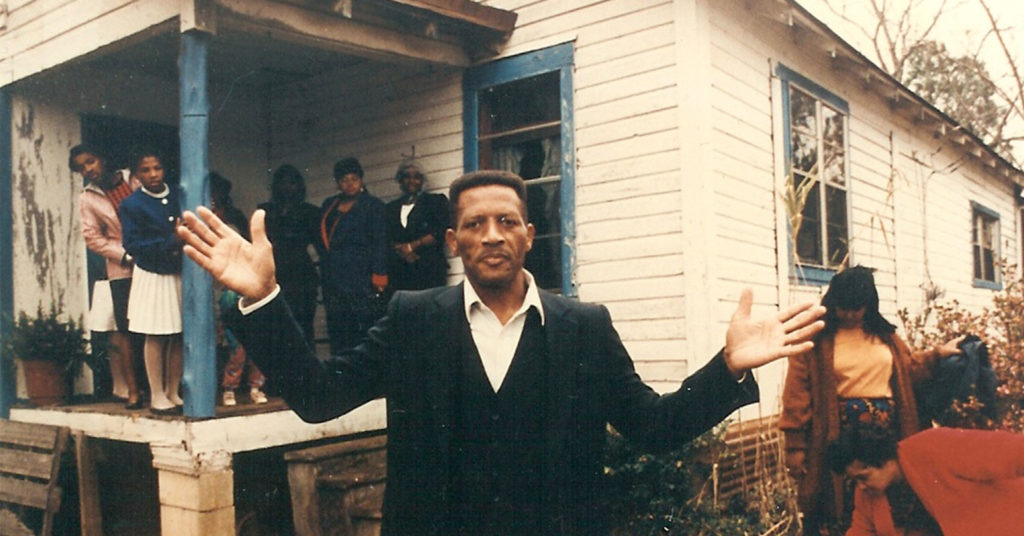
/
Walter McMillian was convicted and sentenced to death for the murder of a young white woman in Monroeville, Alabama.
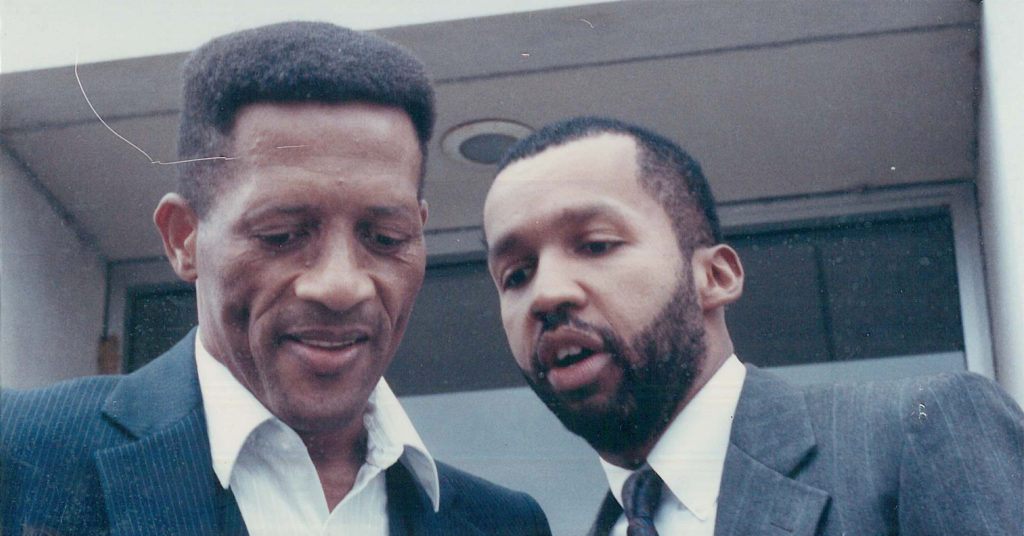
/
Bryan Stevenson took on Mr. McMillian’s case in postconviction.
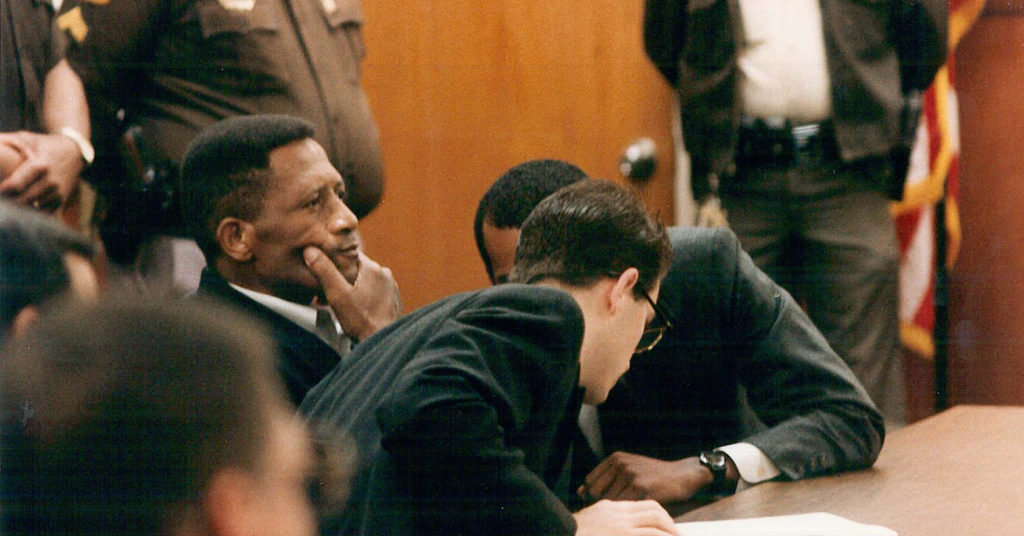
/
EJI proved the State’s witnesses had lied on the stand.
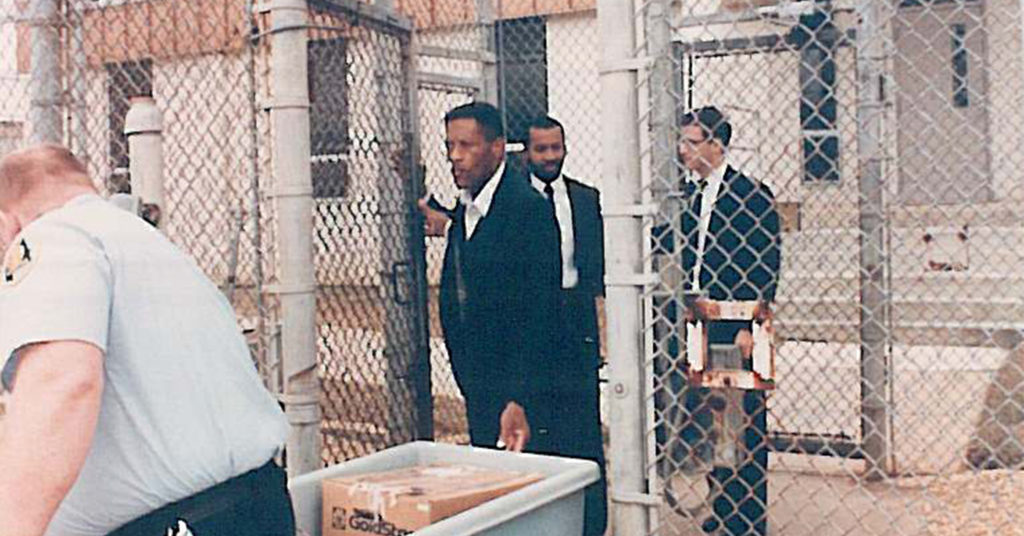
/
Mr. McMillian’s conviction was overturned and he was released from death row.
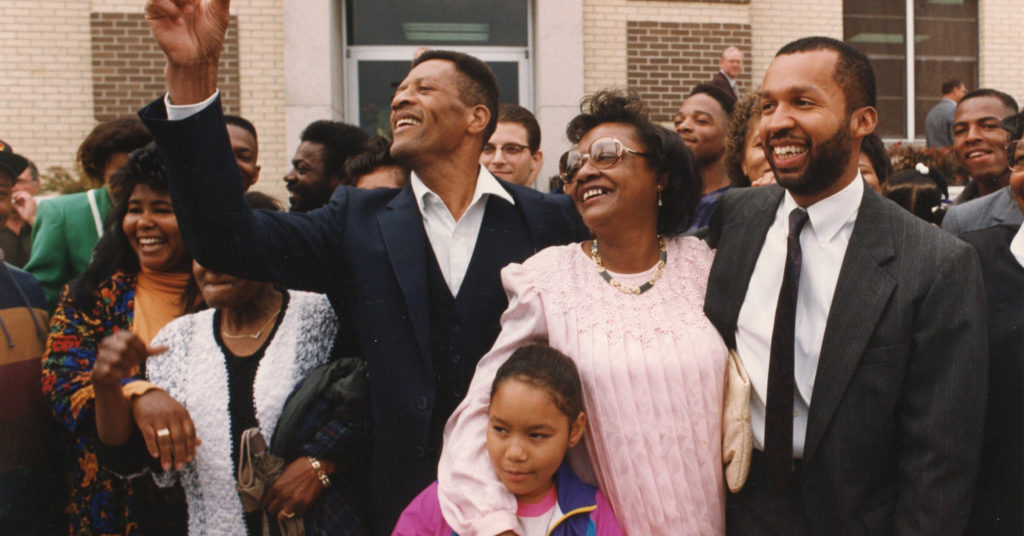
/
Supporters celebrated Mr. McMillian’s release.
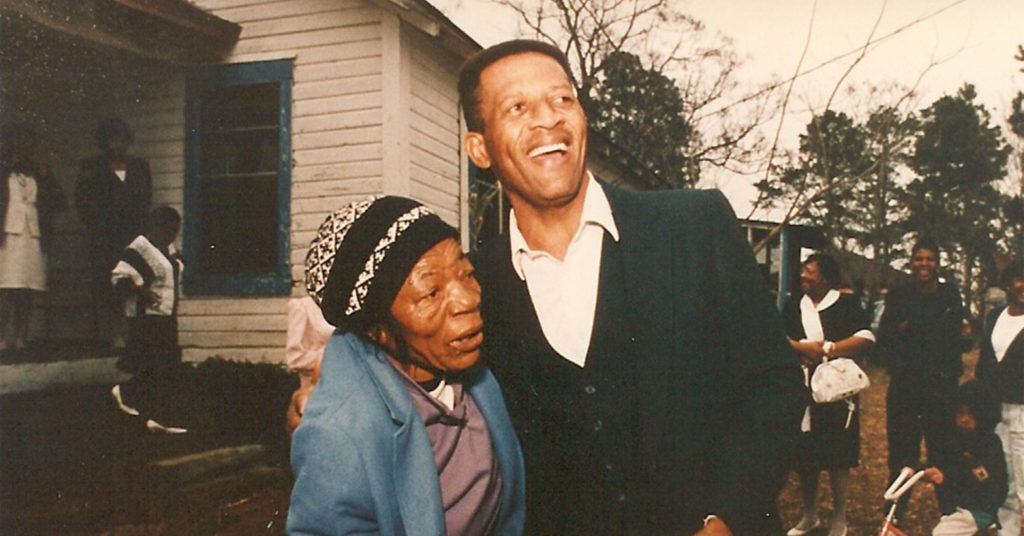
/
Mr. McMillian at his family’s home on the day of his release after six years on death row.
EJI's Bryan Stevenson took on the case in postconviction, where he showed that the State’s witnesses had lied on the stand and the prosecution had illegally suppressed exculpatory evidence. Mr. McMillian's conviction was overturned by the Alabama Court of Criminal Appeals in 1993 and prosecutors agreed the case had been mishandled. Mr. McMillian was released in 1993 after spending six years on death row for a crime he did not commit.
In 1988, Bryan Stevenson met Walter McMillian and began working to appeal his conviction and death sentence. As Mr. Stevenson and the staff of EJI investigated the case, they discovered a ton of evidence that proved Mr. McMillian was innocent. They found evidence that the State’s witnesses against Mr. McMillian had been coerced, including tape recordings proving that the State’s only eyewitness had been pressured to testify falsely at Mr. McMillian’s trial.
EJI presented this dramatic new evidence but it took six years of hearings and appeals before the Alabama Court of Criminal Appeals finally ruled that Mr. McMillian’s conviction was unconstitutional.
A new investigation was ordered. The Alabama Bureau of Investigation ultimately confirmed the evidence uncovered by EJI and determined that Mr. McMillian was innocent, but prosecutors still wavered on whether they would join the motion filed by EJI to dismiss all charges against Mr. McMillian.
The case had generated an unusual amount of media coverage. Bryan Stevenson and EJI received death threats. Resistance to acknowledging Mr. McMillian’s innocence was intense. But the overwhelming evidence of innocence ultimately forced the State to agree to drop the charges. Mr. McMillian was released from death row as a free man in March 1993.
Walter McMillian was among the first exonerees from death row in the modern era. A 60 Minutes segment and other national press coverage about his case led to other exonerations. Today, more than 160 people who were on death row have been proved innocent and released.

After Mr. McMillian’s release in 1993, he worked hard to educate people about the death penalty, sharing his experiences with students, community groups, and elected officials across the country. His case drew public attention to wrongful convictions, and many more people were exonerated in the years after his release. In 1998, he joined other survivors at a national conference on Wrongful Convictions and the Death Penalty attended by more than 1,000 lawyers, law students, professors, and criminal justice reform advocates.
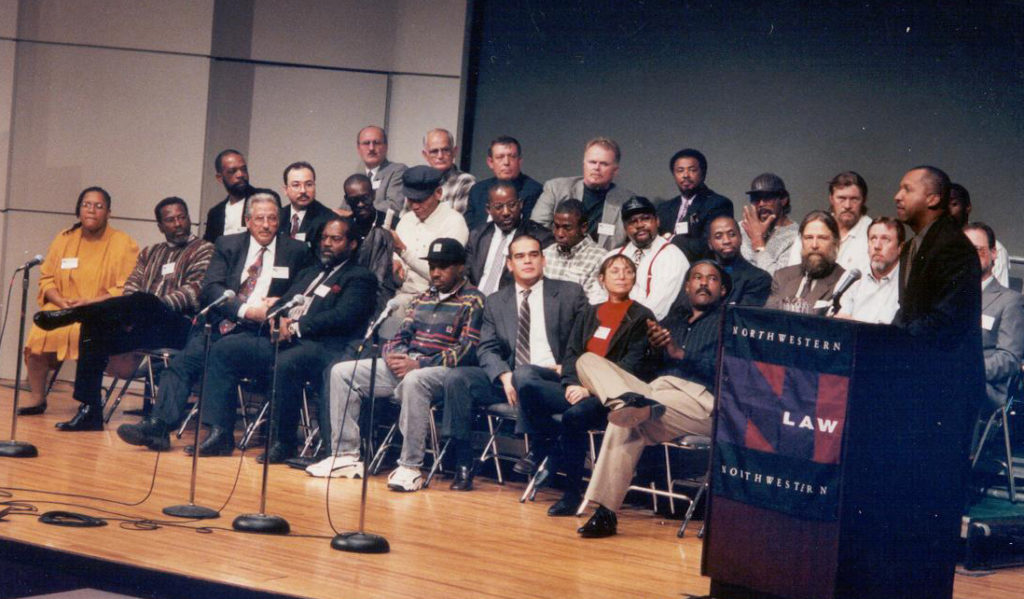
Innocence conference at Northwestern Law School, Chicago, 1998. Walter McMillian is in the back row.
On April 1, 1993, Mr. McMillian spoke to the U.S. Senate Judiciary Committee about the urgent need to end the death penalty. “I am deeply troubled by the way the criminal system treated me and the difficulty I had in proving my innocence,” he told the committee. “I am also worried about others. I believe there are other people under sentence of death who like me are not guilty.”
EJI filed civil rights lawsuits against state and local officials for incarcerating Mr. McMillian on death row before his trial in violation of his rights. An effort to hold the sheriff accountable went all the way to the U.S. Supreme Court, but the Court ruled that Sheriff Tate was protected from liability based on immunity laws. Police, prosecutors, and judges are immune from judgments that require them to make payments to people victimized by abuse of authority.
Years later when the case settled, the compensation was much less than had been hoped. Sheriff Tate was never removed from office; he retired in 2019.
Mr. McMillian’s experience on death row was traumatic. “I have suffered pain, agony, loss, and fear in degrees that I had never imagined possible,” he testified in 1993. “I have survived these six long years, but I am a different man.” He explained the horror of seeing seven other men executed during his time at Alabama’s Holman Prison:
I experienced the executions with the greatest pain and with enormous fear about whether this would happen to me. From my cell you could smell the stench of burning flesh. The smell of someone you know burning to death is the most painful and nauseating experience on this earth.
The trauma Mr. McMillian experienced led to early-onset dementia. He had lost his logging business and sold car parts until he became too ill to work. In the last two years of his life, he couldn’t enjoy the outdoors or get around much without help. He died on September 11, 2013.
Learn more about Walter McMillian by reading "Just Mercy"